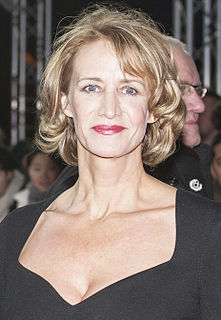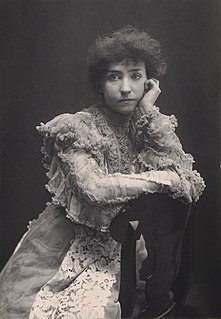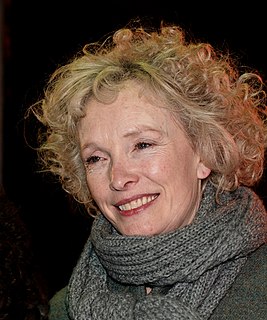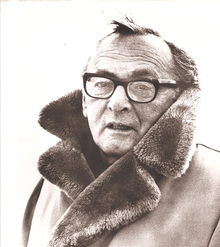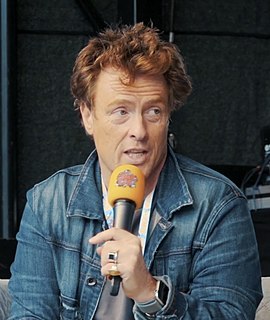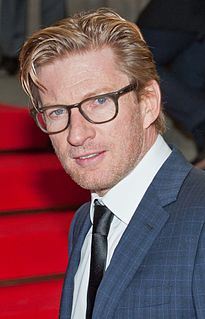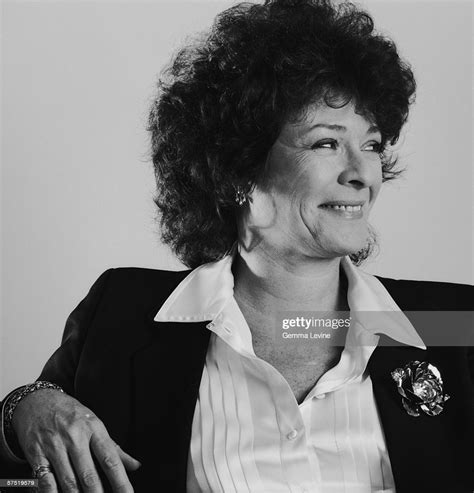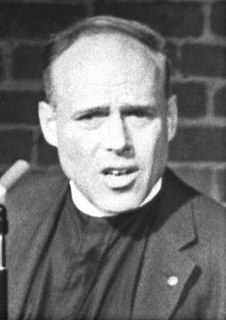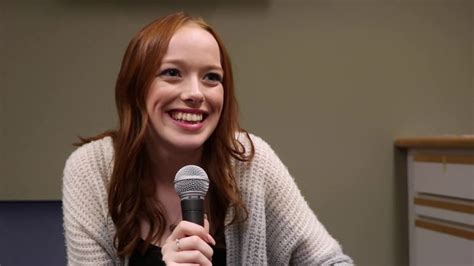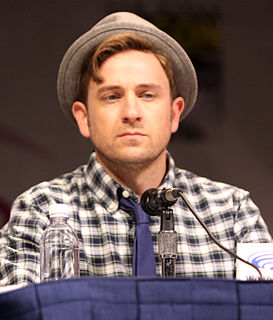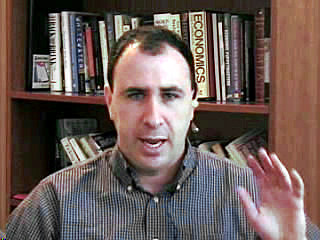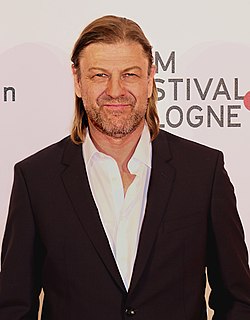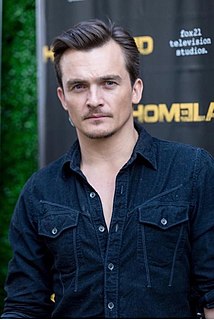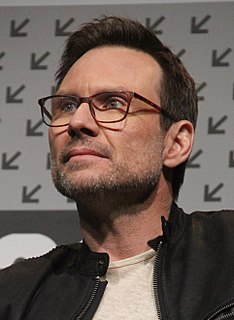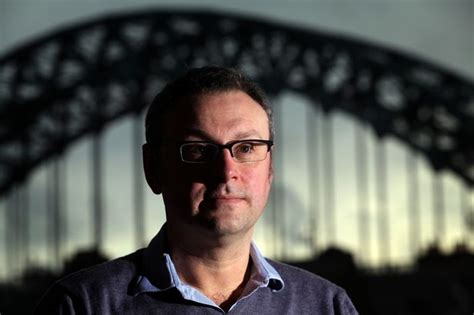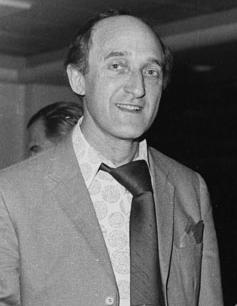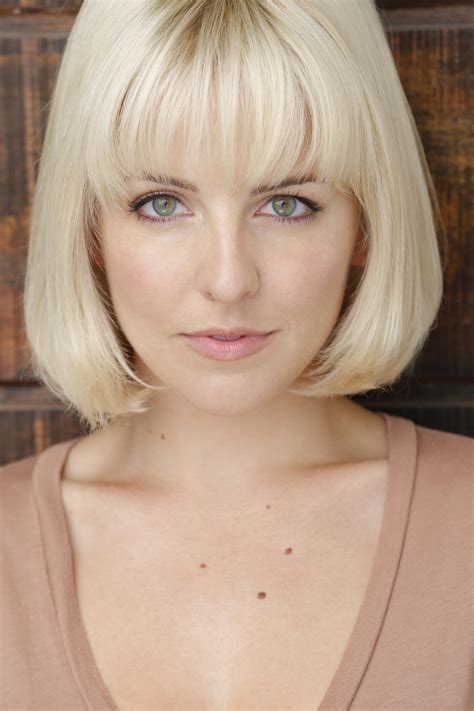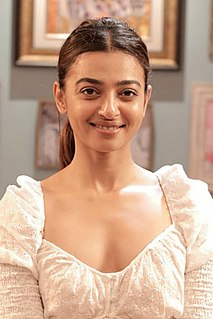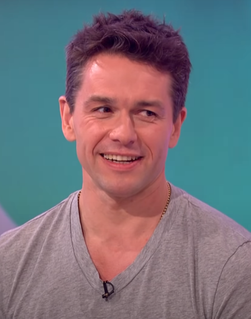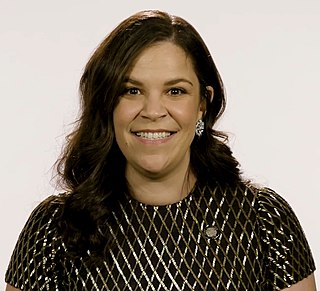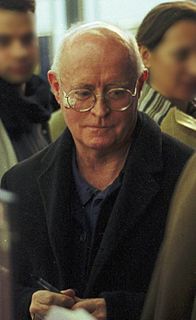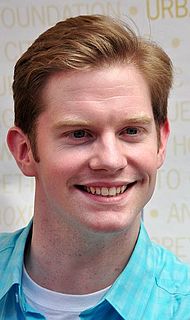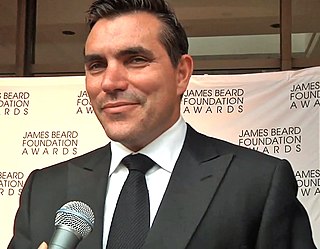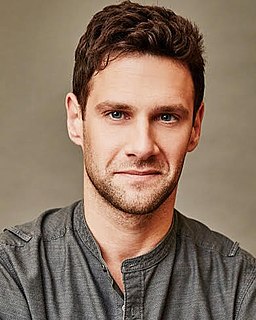Top 1200 Theatre Quotes & Sayings - Page 4
Explore popular Theatre quotes.
Last updated on December 18, 2024.
It is in the irony of things that the theatre should be the most dangerous place for the actor. But, then, after all, the world is the worst possible place, the most corrupting place, for the human soul. And just as there is no escape from the world, which follows us into the very heart of the desert, so the actor cannot escape the theatre. And the actor who is a dreamer need not. All of us can only strive to remain uncontaminated. In the world we must be unworldly, in the theatre the actor must be untheatrical.
I have done some wonderful television, but you know, there's not as much exceptional material as there is in the theatre. So I do a lot of theatre, but really, as with most actors, I just love going from one to another. It's stimulating, it's diverting, it's a different way of life, and you know, I dearly like a good mix.
Why did I want to become a director? I just had an early interest. My uncle was an actor in a local community theatre, and he ultimately persuaded me and a buddy of mine to come to that theatre, and we went to meet girls, and that turned into interested in kind of behind-the-scenes things, and from that point on, I was focused.
Life beats down and crushes our souls and theatre reminds us that we have one. At least the type of theatre that I'm interested in; that is, theatre that moves an audience. You have the opportunity to literally impact the lives of people if they work on material that has integrity. But today, most actors simply want to be famous. Well, being an actor was never supposed to be about fame and money. Being an actor is a religious calling because you've been given the ability, the gift to inspire humanity. Think about that on the way to your soap opera audition.
Theatre supposes lives that are poor and agitated, a people searching in dreams for a refuge from thought. If we were happier and freer we should not feel hungry for theatre. A people that is happy and free has need of festivities more than of theatres; it will always see in itself the finest spectacle.
I deliberately look for colorful people. They're very right for theatre. Theatre has to be theatrical. If you can get color into the accountant, you've got something. Write the whole thing first and then say he's an accountant. That's a very wacky accountant, but so what? Theatricality feeds and challenges the actor, the director, and the designers.
I have taken film-work that has been a little more cliché-written, to support myself and my family, and that's a whole kind of other challenge. It's like chopping wood: You've got to take what you can get and bless what withstands you. But in theatre! There's enough great theatre that you can find something interesting!
In theatre, once you've got the character and you've got things together, you can relax into it. Film has a different feel - you don't get that through line of not stopping. Theatre is like a snowball gathering momentum and getting bigger, whereas in film, it's a bit stop and start - but you do tend to adjust to that quite easily.
It's a beautiful city, and the waterfront area is fantastic. I haven't had time to visit the theatre, but I find it remarkable that Toronto has the third-largest English-speaking theatre district in the world, after New York and London. I once noticed a fellow sitting on a bench, then I realized it was a statue of Glenn Gould. It's very realistic.
A James Bond film can be artistically fulfilling. Absolutely it can. It can be complex, and it can be interesting. I consider Bond movies to be an extension of popular theatre, a kind of modern mythology. You see the same sort of action in 'Punch and Judy' or in the folk theatre of various cultures, like 'Grand Guignol.'
The fantastic thing about the theatre is that it can make something be seen that's invisible, and that's where my interest in theatre is- that you can be watching this thing happening with actors and costumes and light and set and language, and even plot, and something emerges from beyond that, and that's the image part that I'm looking for, that sort of added dimension.
I was interested in theatre, and the only experience that I had in high school was as an actor. But when I got in Conservatoire, my teachers would give me a lot of flack because I wasn't rehearsing my lines; I'd be doing stage management. I was interested in sound. I was interested in architecture. I was interested in every aspect of theatre.
